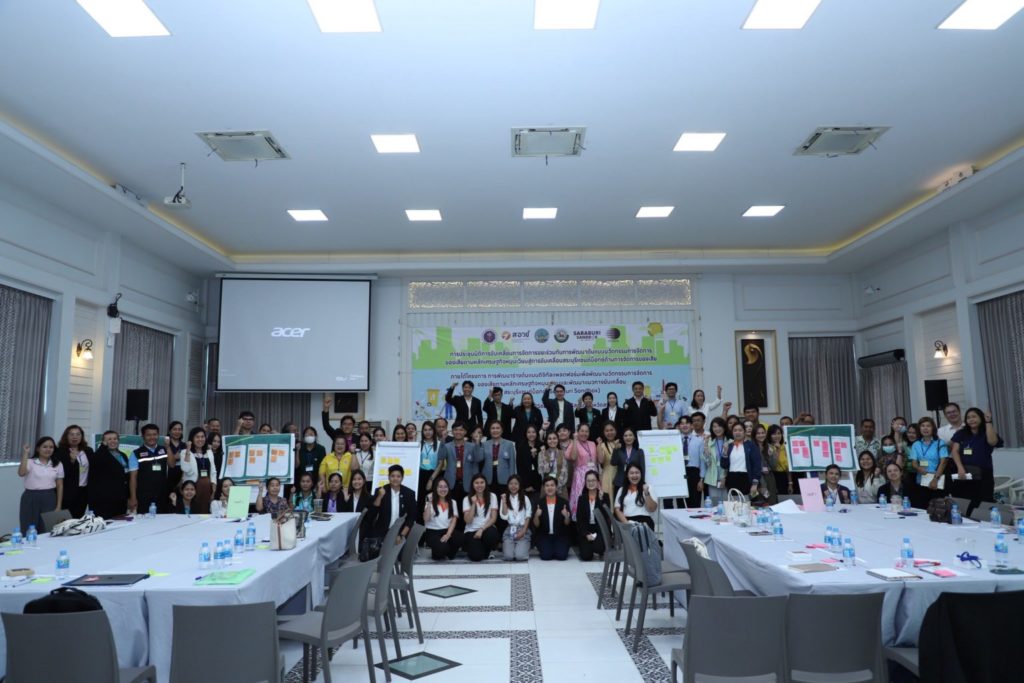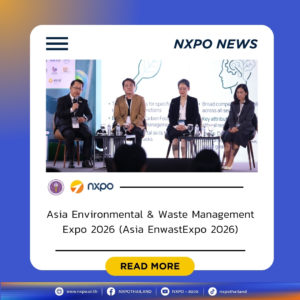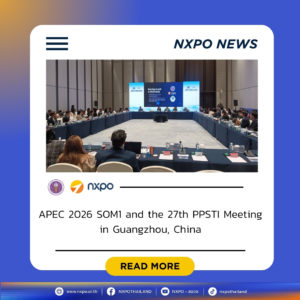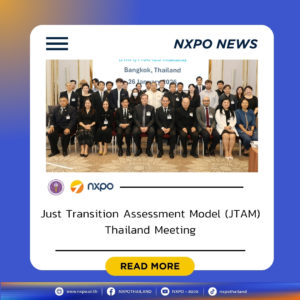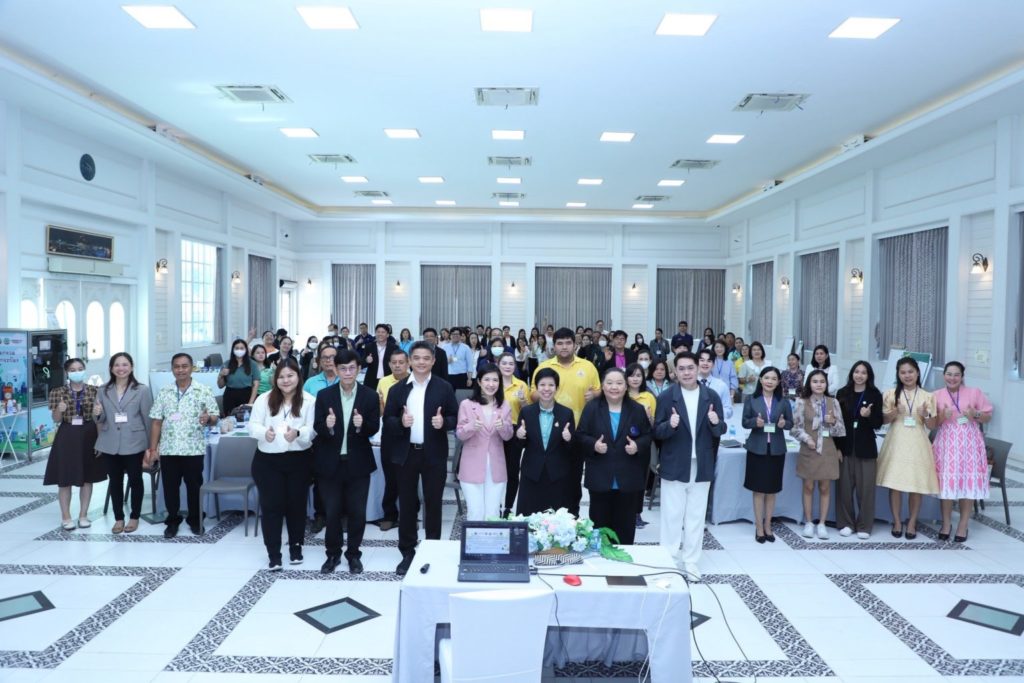
The NXPO team, led by Dr. Saravanee Singtong, Director of Sustainability Policy Division, participated in a forum on innovative waste management models under the Saraburi Sandbox initiative. The meeting, organized by the Thailand Institute of Scientific and Technological Research (TISTR), was held on 25 June 2025 at Leelawadee Resort in Saraburi Province.
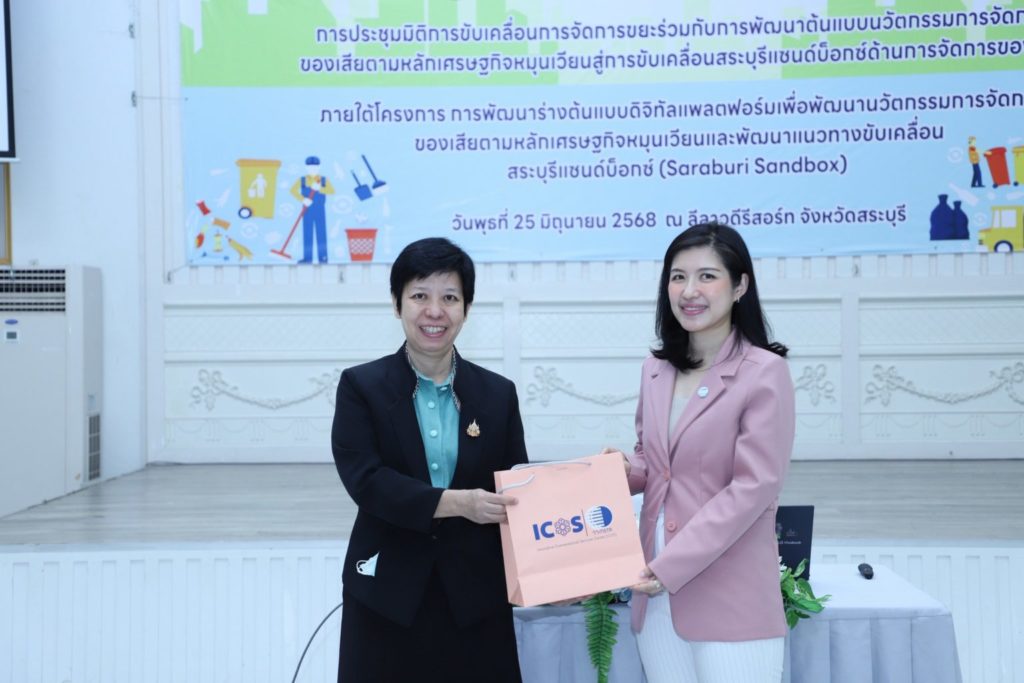
The event was opened by Dr. Patchara Maneesin, Deputy Governor for Research and Development for Sustainable Development at TISTR. Dr. Raewadee Anuwattana, Acting Director of the Center of Materials Innovation (CMI), delivered a presentation introducing the circular economy concept, the Tan Diao Model for community-based waste management, and the importance of multi-stakeholder collaboration in developing local waste management solutions and generating community income. The meeting also featured an exhibition of TISTR’s community waste management innovations.
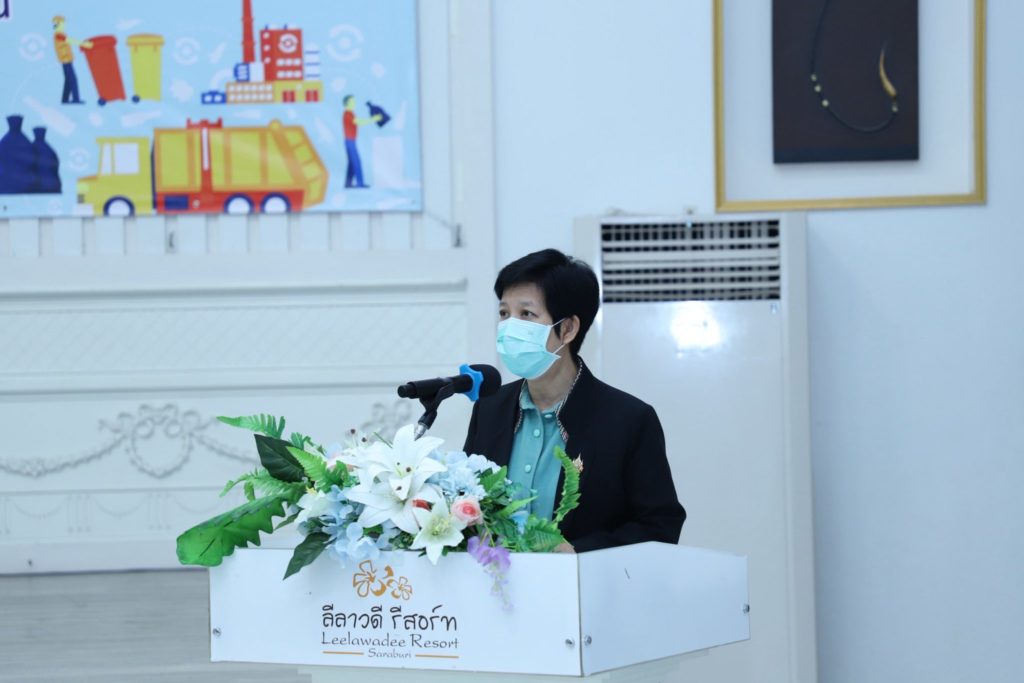
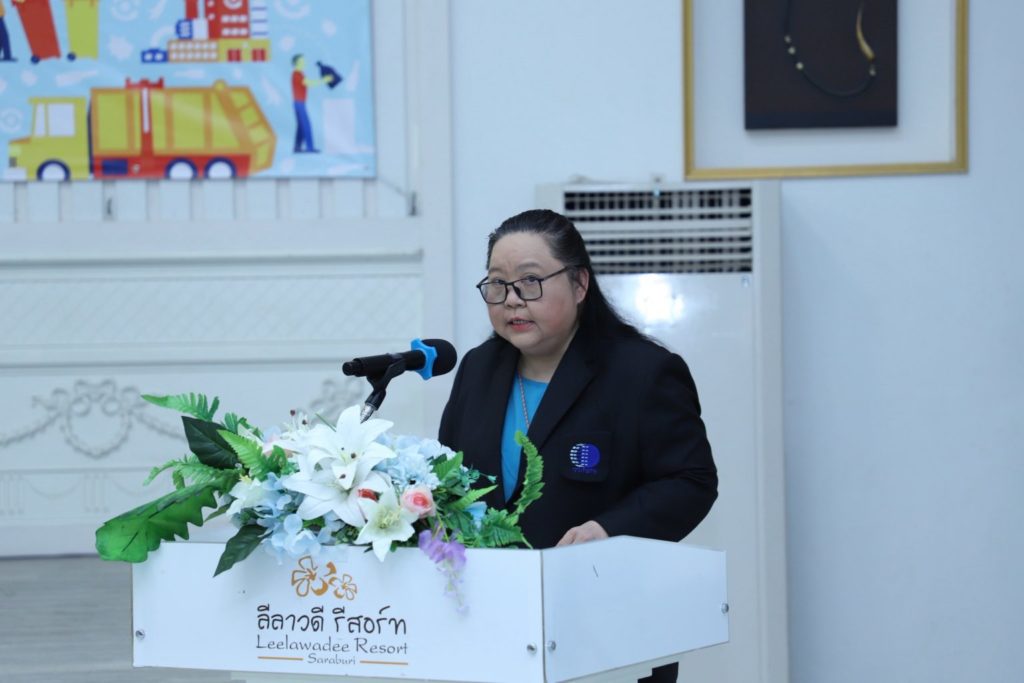
The event was opened by Dr. Patchara Maneesin, Deputy Governor for Research and Development for Sustainable Development at TISTR. Dr. Raewadee Anuwattana, Acting Director of the Center of Materials Innovation (CMI), delivered a presentation introducing the circular economy concept, the Tan Diao Model for community-based waste management, and the importance of multi-stakeholder collaboration in developing local waste management solutions and generating community income. The meeting also featured an exhibition of TISTR’s community waste management innovations. Building on its earlier initiatives, including the CE Vision 2030 White Paper and the Saraburi Sandbox program, NXPO has partnered with TISTR to pilot the Tan Diao Model in Saraburi, demonstrating a circular approach to community waste management.
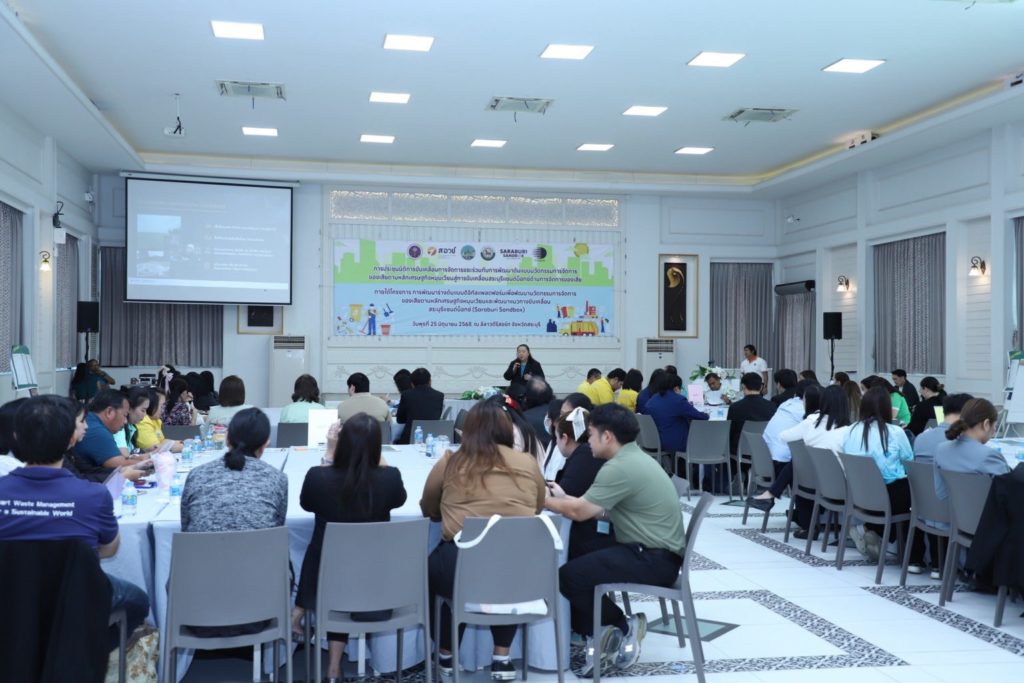
The forum brought together representatives from government agencies, private companies (including technology developers, logistics providers, and waste buyers), local organizations (community leaders, schools, temples, and businesses), and academic institutions. Participants exchanged knowledge, experiences, and recommendations for advancing circular waste management innovations. Discussions also explored lessons from implementing the Tan Diao Model, assessing its feasibility, opportunities, and challenges. Additionally, participants explored ways to improve waste data management and information flow through digital platforms.
